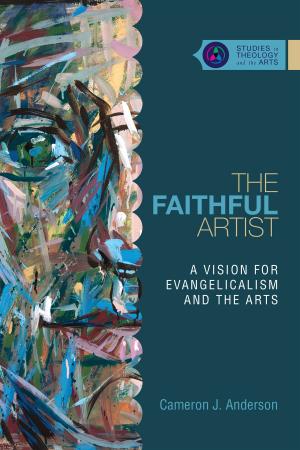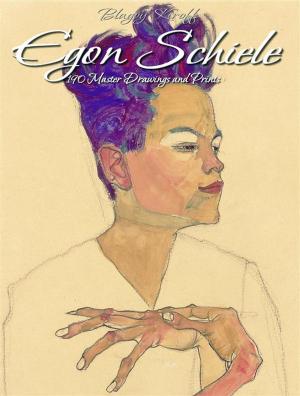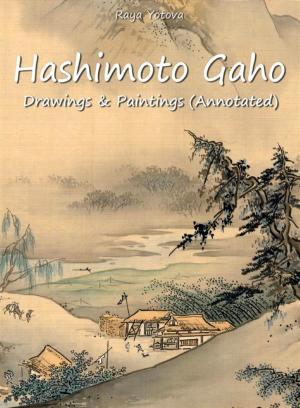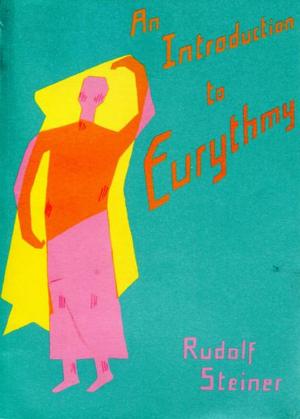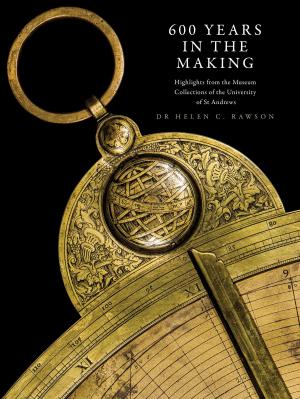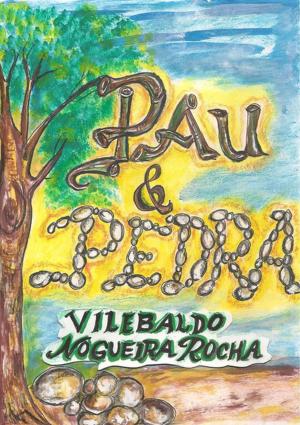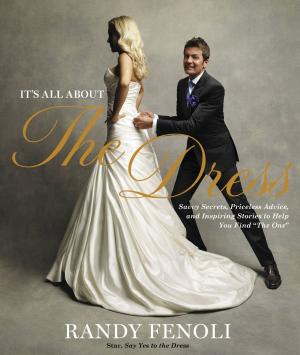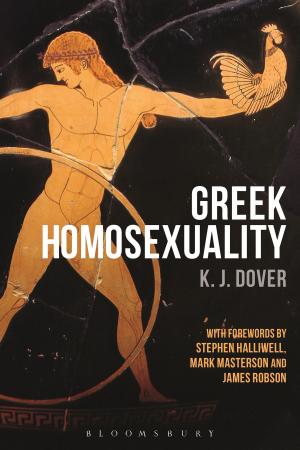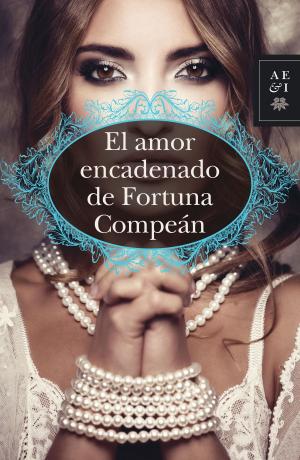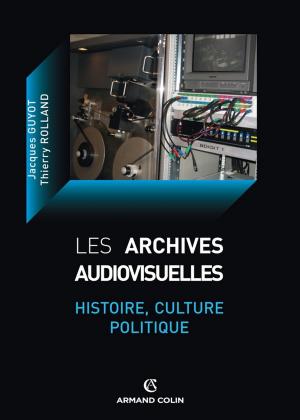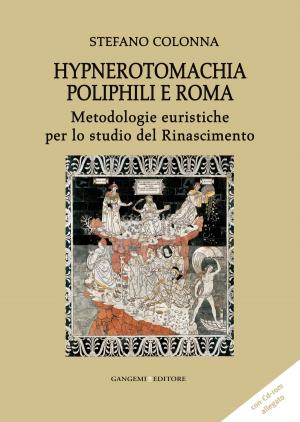The Book of Orchid
Nonfiction, Home & Garden, Crafts & Hobbies, Art Technique, Painting, Art & Architecture, General Art| Author: | I-Hsiung Ju | ISBN: | 9780977059867 |
| Publisher: | HMG ePublishing | Publication: | October 15, 2015 |
| Imprint: | Language: | English |
| Author: | I-Hsiung Ju |
| ISBN: | 9780977059867 |
| Publisher: | HMG ePublishing |
| Publication: | October 15, 2015 |
| Imprint: | |
| Language: | English |
The first step in Chinese brush painting is learning the technique. In this instructional ebook, Professor I-Hsiung Ju demonstrates many step-by-step lessons on leaves and flowers. He begins this instructional ebook for painting orchid with an introduction of mood and modes of Chinese brush painting. This is followed by more studies of painting tools and positions of hand for doing the exercises. He explains how the curved orchid leaves are different from the straight bamboo leaves. He illustrates how the movement of brush is graceful and the formation of a group of leaves is suggesting that there are several “tails of jumping fish”. Professor Ju discusses how to handle the brush to make leaves and flowers. He explains the ways of doing each petal of the flower and putting them together as a cluster to form the flower. In the ebook Professor Ju provides a complete process of making a classic Chinese orchid painting. Finally, there is the discussion of composition and creative ideas. Besides the 104 black and white illustrations, there are twenty-two prints of the author’s paintings.
The first step in Chinese brush painting is learning the technique. In this instructional ebook, Professor I-Hsiung Ju demonstrates many step-by-step lessons on leaves and flowers. He begins this instructional ebook for painting orchid with an introduction of mood and modes of Chinese brush painting. This is followed by more studies of painting tools and positions of hand for doing the exercises. He explains how the curved orchid leaves are different from the straight bamboo leaves. He illustrates how the movement of brush is graceful and the formation of a group of leaves is suggesting that there are several “tails of jumping fish”. Professor Ju discusses how to handle the brush to make leaves and flowers. He explains the ways of doing each petal of the flower and putting them together as a cluster to form the flower. In the ebook Professor Ju provides a complete process of making a classic Chinese orchid painting. Finally, there is the discussion of composition and creative ideas. Besides the 104 black and white illustrations, there are twenty-two prints of the author’s paintings.

